As the air quality in Delhi fell to the ‘Very Poor’ category due to rising pollution levels ahead of Diwali, the Commission for Air Quality Management (CAQM) on Sunday announced to invoke the second stage of Graded Response Action Plan (GRAP) across the national capital and its adjoining NCR region.
The decision came after the Air Quality Index (AQI) of the national capital plunged to 302 (Very Poor) at 7 pm today.
“The AQI of Delhi has shown an increasing trend since morning and has been recorded as 296 at 4:00 PM and 302 at 7:00 PM. The forecast by IMD/IITM also predicts further deterioration of AQI in coming days,” CAQM said in its notification.
Implementation of actions under Stage-II (‘Very Poor’ Air Quality) of the extant schedule of GRAP
comes into immediate effect in Delhi-NCR. pic.twitter.com/kJhEbkDrHd
— ANI (@ANI) October 19, 2025
According to the Central Pollution Control Board (CPCB), the city recorded an Air Quality Index (AQI) of 296 at 4 pm, placing it in the “poor” category.
Out of the 38 monitoring stations in the national capital, 12 reported air quality in the “very poor” range. Anand Vihar recorded the highest AQI at 430, followed by Wazirpur (364), Vivek Vihar (351), Dwarka (335), and RK Puram (323).
Other areas such as Siri Fort, Dilshad Garden, and Jahangirpuri reported an AQI of 318. Punjabi Bagh stood at 313, Nehru Nagar at 310, Ashok Vihar at 305, and Bawana at 304, CPCB data showed.
Restrictions under GRAP-1 had been enforced for the first time this season earlier this week.
The Commission for Air Quality Management (CAQM), a statutory body, has implemented Stage II of the Graded Response Action Plan (GRAP) in the Delhi-NCR to combat air pollution during the winter season.
Restrictions Under Stage 2
Under stage two of the GRAP, mechanical sweeping and water sprinkling on identified roads will be carried out on a daily basis, dust control measures will be enforced at construction and demolition sites, use of power generator sets will be discouraged and do’s and don’ts for minimising polluting activities will be issued in news media.
Further, traffic personnel will be deployed at congestion points, vehicle parking fees will be increased to discourage private transport and additional bus and metro services will be started.
The measures also involve increasing parking fees to discourage private transport and enhancing CNG or electric bus and metro services by introducing additional fleets and increasing service frequency. It also includes the use of public transport and minimize the use of personal vehicles.
These measures will be in addition to the GRAP Stage 1 measures that have been in effect since October 14.
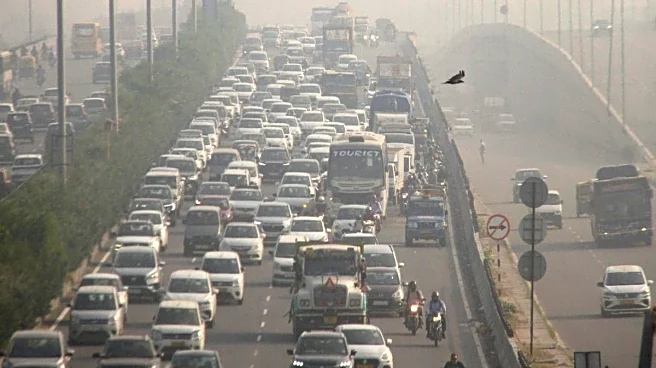

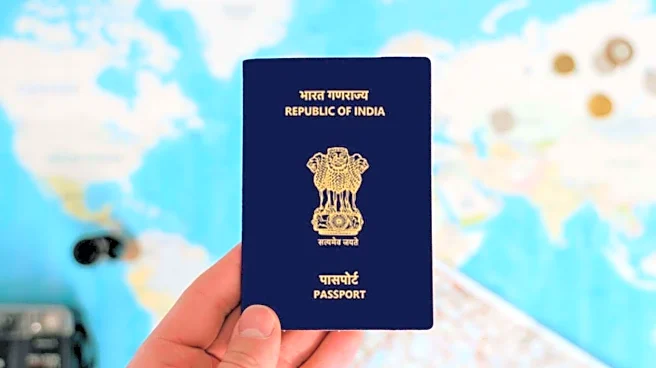






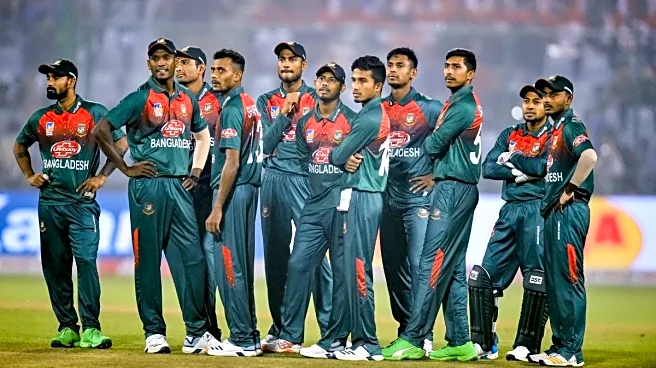

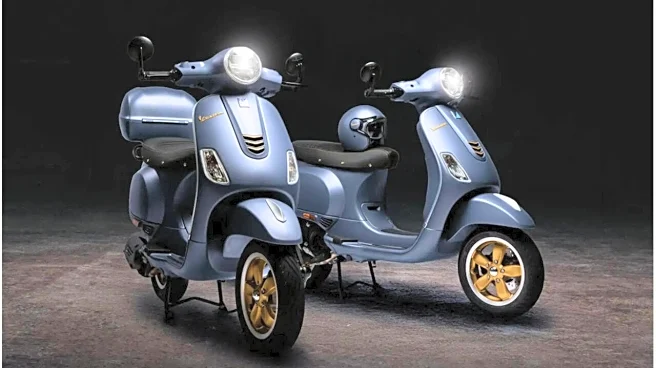

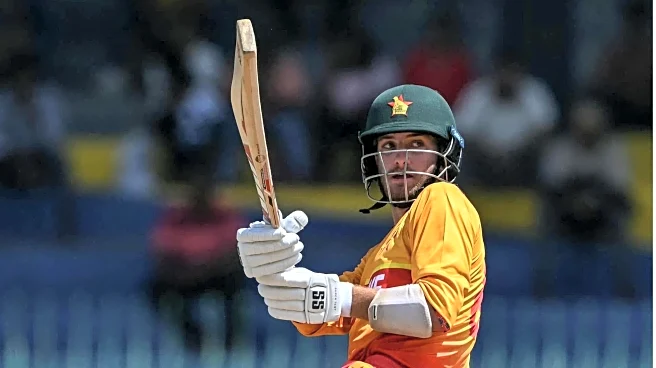
/images/ppid_59c68470-image-17709700311609084.webp)

/images/ppid_59c68470-image-177097014692136284.webp)
/images/ppid_59c68470-image-177097006946612807.webp)